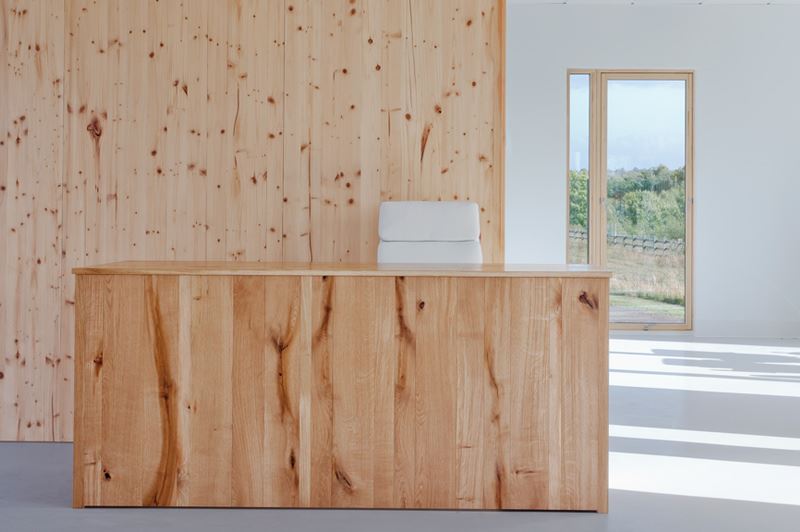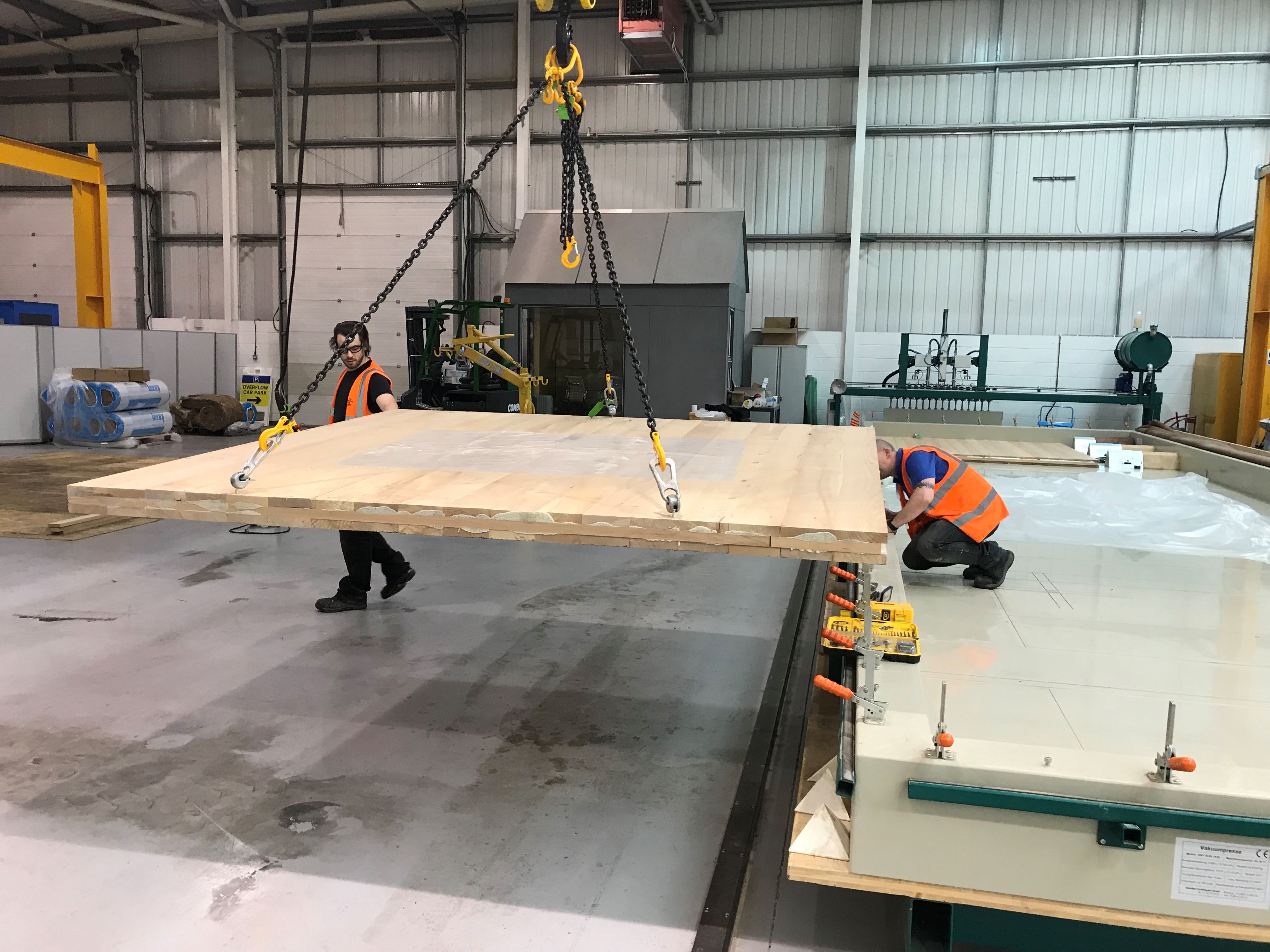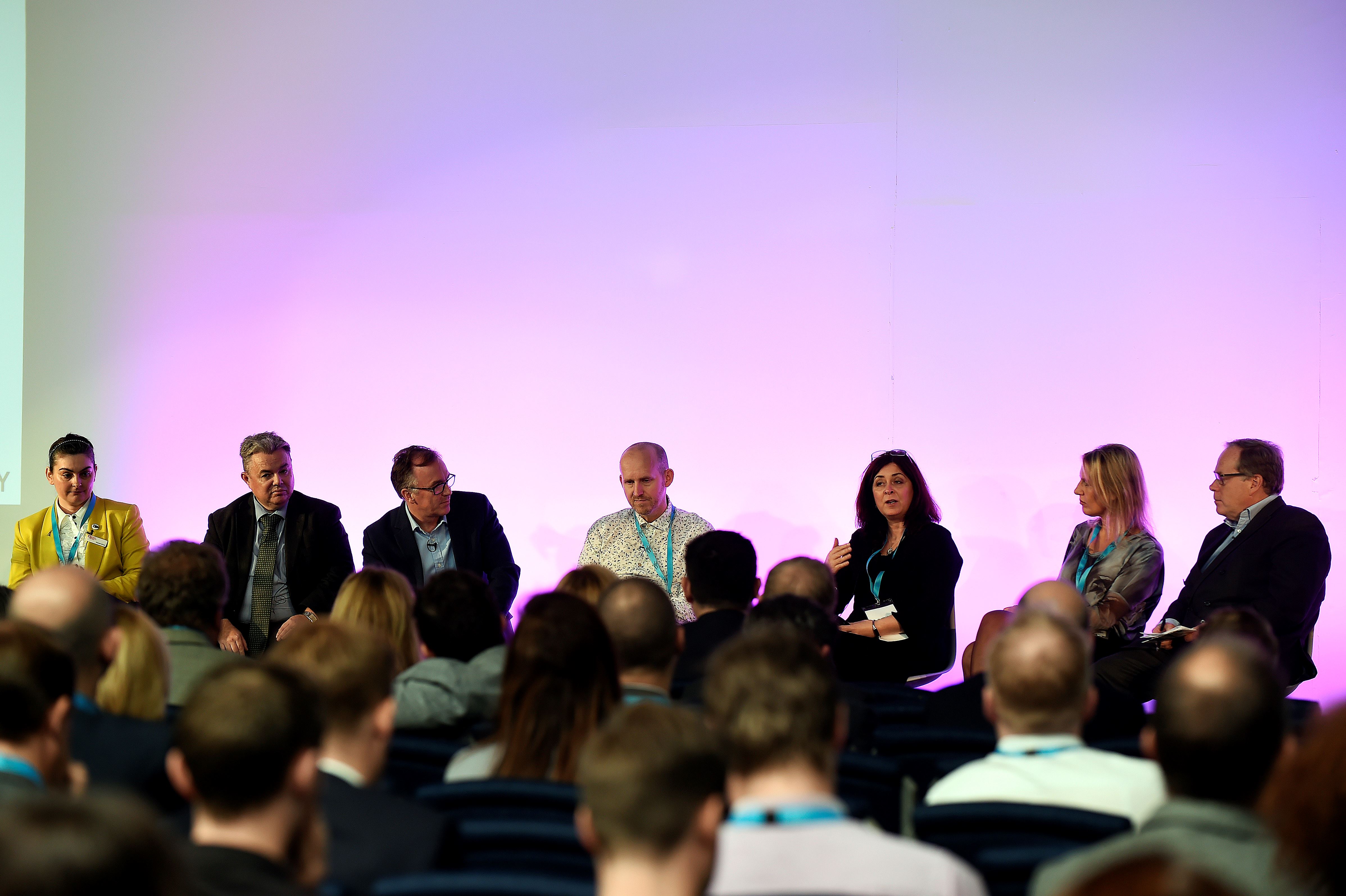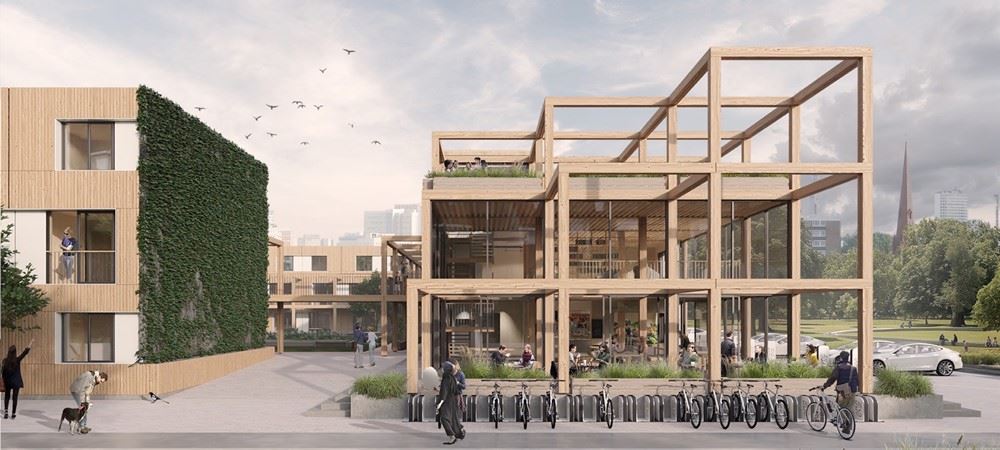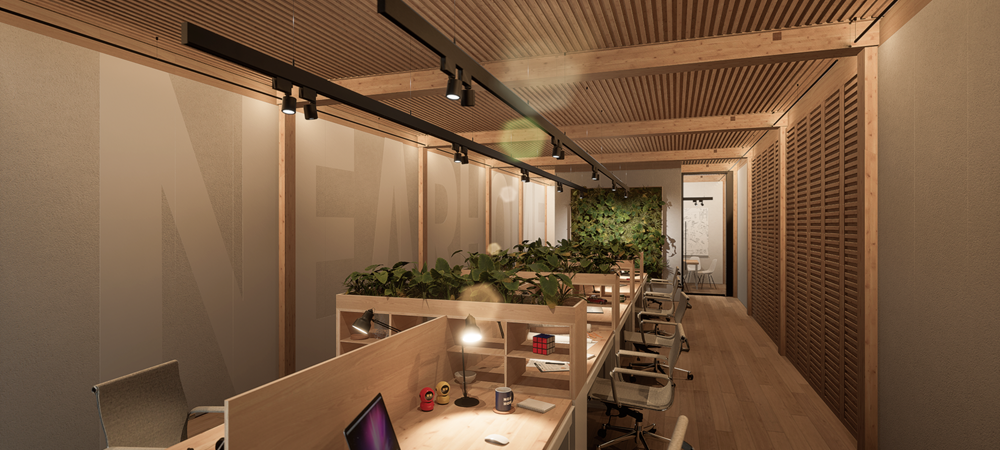Content
Accelerate to Zero Podcast: Changing the narrative around retrofit adoption
The Accelerate to Zero podcast is back with a new retrofit focused series in collaboration with the National Retrofit Hub (NRH). Throughout the series, we’ll spotlight each of the six working groups within the National Retrofit Hub, featuring guest speakers and innovators from across the UK retrofit sector.
In the last episode in this series of the Accelerate to Zero podcast, Sara Edmonds speaks to Ellora Coupe, Founder of Her Retrofit Space and Cara Holmes, Technical Programmes Manager at the NRH about the complexities of driving retrofit adoption – the focus of the NRH’s Working Group 6.
Looking beyond purchasing power
Sara opens the discussion by challenging conventional views on ‘demand’ within the retrofit sector where traditionally the focus has been on purchasing power, neglecting the broader context of need. “We often think about purchasing power when we say words like demand,” she says, highlighting that we really need to focus on the fact there’s many people who lack the resources to undertake retrofitting despite the universal need for it.
Ellora suggests that true demand should be understood in terms of people’s opportunities and motivations rather than just interest metrics.
People’s emotional connection to their homes
Throughout the podcast, the trio keep coming back to the emotional connection people have to their homes - something which traditional energy policies often overlook in favour of incentives like cost savings or environmental benefits. Cara adds that we should shift the narrative and frame retrofitting as an opportunity to enhance comfort, safety, and social equity rather than a just obligation. “The benefits of net zero could be amazing if we get it right,” she says.
Part of this is the finding a way to communicate with homeowners about retrofit that resonates and avoids jargon. Cara highlights that technical jargon and financial metrics often fail to cut through to homeowners who view their homes through a more emotional lens. To engage homeowners more effectively, messaging needs to align with their values and concerns.
Reframing the ‘sacrifice’ of retrofit
The podcast discussion tackles the prevalent idea of sacrifice associated with retrofit adoption. Sara criticises the negative framing of retrofit that we see more often than the many benefits. She questions, “Are we sacrificing things or are we actually seeking to gain?”. Cara also emphasises the transformative potential of decarbonising buildings and argues that it’s “an emotional challenge, not just a technical one,” and any conversations or policies we have, needs to reflect this.
Building community and collaboration around retrofit
The discussions further explore the role of community and collaboration in the retrofit sector. Sara adds that the retrofit movement is driven by a collective push rather than individual efforts. She notes that community values such as trust and shared visions are crucial for effective engagement. “Communities are really about collective action,” she says.
The conversation also addresses structural challenges within the retrofit workforce, particularly the barriers women face in a male-dominated industry. Ellora highlights the need for better support and career pathways for women professionals. “There’s no lack of incapability,” she asserts, “but rather a need for more support.”
Ellora highlights the significance of networks like Her Retrofit Space which support women professionals in the field. This platform fosters collaboration and shared learning, helping women navigate challenges in retrofit work. Cara shares that reflecting the diversity of communities within the workforce can lead to more empathetic and effective conversations.
The importance of empathy and trust
Empathy comes up throughout the discussion as understanding and addressing homeowners’ fears and concerns is vital for building trust and encouraging retrofit adoption. “We need to move away from this idea of individual action and individual homes,” Cara concludes, emphasising the importance of community-based solutions.
As the podcast wraps up, the experts agree that retrofit presents a significant opportunity for change, but success depends on shifting the narrative from negative to positive. Sara shares one final thought, “We need to meet people where they are,” underscoring the importance of understanding community needs and fostering collaboration.
Listen to the full episode
Ep 706: Ellora Coupe, Her Retrofit Space and Cara Holmes, National Retrofit Hub
